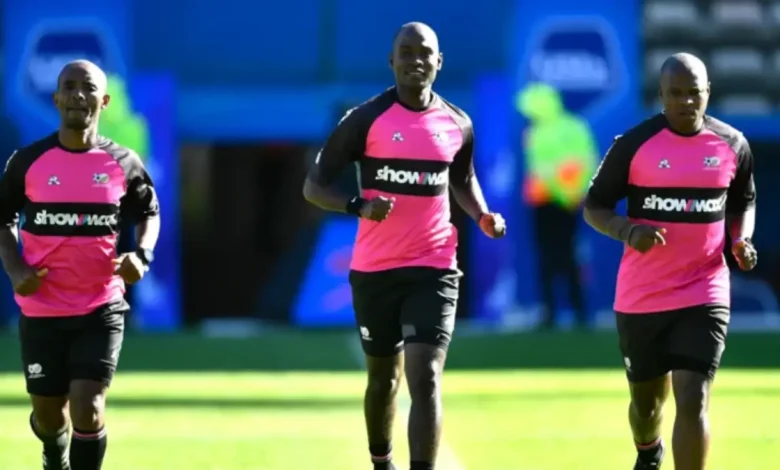How and When to Apply for the SAFA D Coaching License?

The SAFA D Coaching License serves as the official entry-level qualification for aspiring football coaches in the country. The course targets individuals eager to coach grassroots and youth football, primarily working with players under-6 to under-12. The course introduces key coaching fundamentals such as training methods, session planning, basic tactics, player development, and team management.

This license not only opens doors to coaching in schools and community clubs but also forms the foundation for advancing to higher certifications like the SAFA C, B, and A licenses.
Who Is Eligible, and When Should You Apply?
Minimum Requirements
Applicants must usually be between the ages of 16 and 18, depending on the provincial football association hosting the course. While prior playing experience is not necessary, a genuine interest in youth football development and a commitment to learning are essential. Coaches are encouraged to work with a youth team—preferably U6 to U12—since the course includes a practical assignment involving a recorded session.
Course Timing
The SAFA D License courses are held throughout the year and are organised by regional and provincial football bodies across the country. Timelines vary, so it’s advisable to enquire early with your local football office to avoid missing out, as class sizes are often limited and in high demand.
How to Apply: Step-by-Step Guide
Step 1: Contact Your Regional SAFA Office
Start by contacting your nearest SAFA regional or provincial office. Offices in major cities like Johannesburg, Durban, Cape Town, and Port Elizabeth regularly host training programmes. Officials there will share the upcoming dates, fees, and all necessary application requirements.
Step 2: Prepare Your Documents
Applicants must complete an official application form and compile the following supporting documents:
- A certified copy of your South African ID
- Two recent passport-size photographs
- Proof of payment for the course
Each provincial association may have specific instructions, so always confirm the exact documentation needed when applying.
Step 3: Submit Your Application
Once you’ve gathered everything, submit your application directly to the regional office, either in person or through their designated submission channel. Make sure all information is accurate to avoid delays or rejections.
Step 4: Wait for Confirmation
After submission, you’ll receive confirmation of your registration and course details. If the course is full, you might be placed on a waiting list or advised on alternative dates.
Course Structure and Expectations
The SAFA D License course is structured in two main phases:
- Face-to-face sessions: These are typically five consecutive days or over weekends, totalling around 80 hours. Sessions run during the day, often from 08:00 to 18:00.
- Self-study component: After the initial sessions, a six-week break allows you to complete theory assignments and prepare for the practical exam.
- Practical coaching session: A crucial requirement is to record a short session (15 to 20 minutes) with a youth team. This demonstration will be assessed as part of your final evaluation. Coaches without access to a youth team are encouraged to connect with local schools or clubs to make arrangements.
Why the SAFA D Licence Matters
- Professional credibility: As the first step on SAFA’s official coaching ladder, the D License is widely recognised across the country.
- Foundational knowledge: You’ll gain crucial skills in age-appropriate coaching, communication, and safety.
- Progression opportunities: This qualification is a prerequisite for moving on to higher coaching levels like the C License.
- Networking and growth: The course environment allows you to meet fellow coaches, learn from mentors, and potentially secure roles at clubs or academies.
What Coaches Say
Many who’ve completed the course say it significantly improved their understanding of youth development. While the content is accessible, the practical session demands preparation. Coaches emphasise that working with younger players, even just for the assignment, is invaluable for gaining the right experience. Some even recommend volunteering at local schools or community clubs beforehand.
Make Your First Move in Coaching
If you’re passionate about football and want to help shape the next generation of talent in the country, the SAFA D Coaching License is your gateway. The process is straightforward, the skills gained are invaluable, and the qualification puts you on a recognised path in football coaching.
Get in touch with your local SAFA office today to begin the journey. Spaces fill quickly, and preparation is key. Your coaching career starts here.
Related article: Rulani Mokwena Starts New Era with MC Alger



